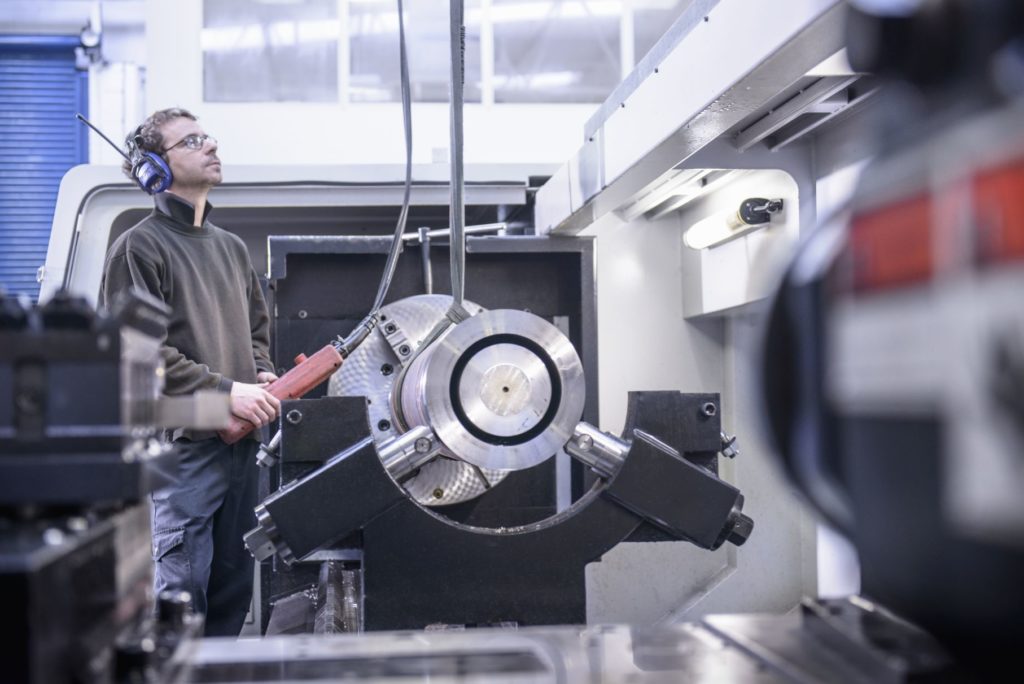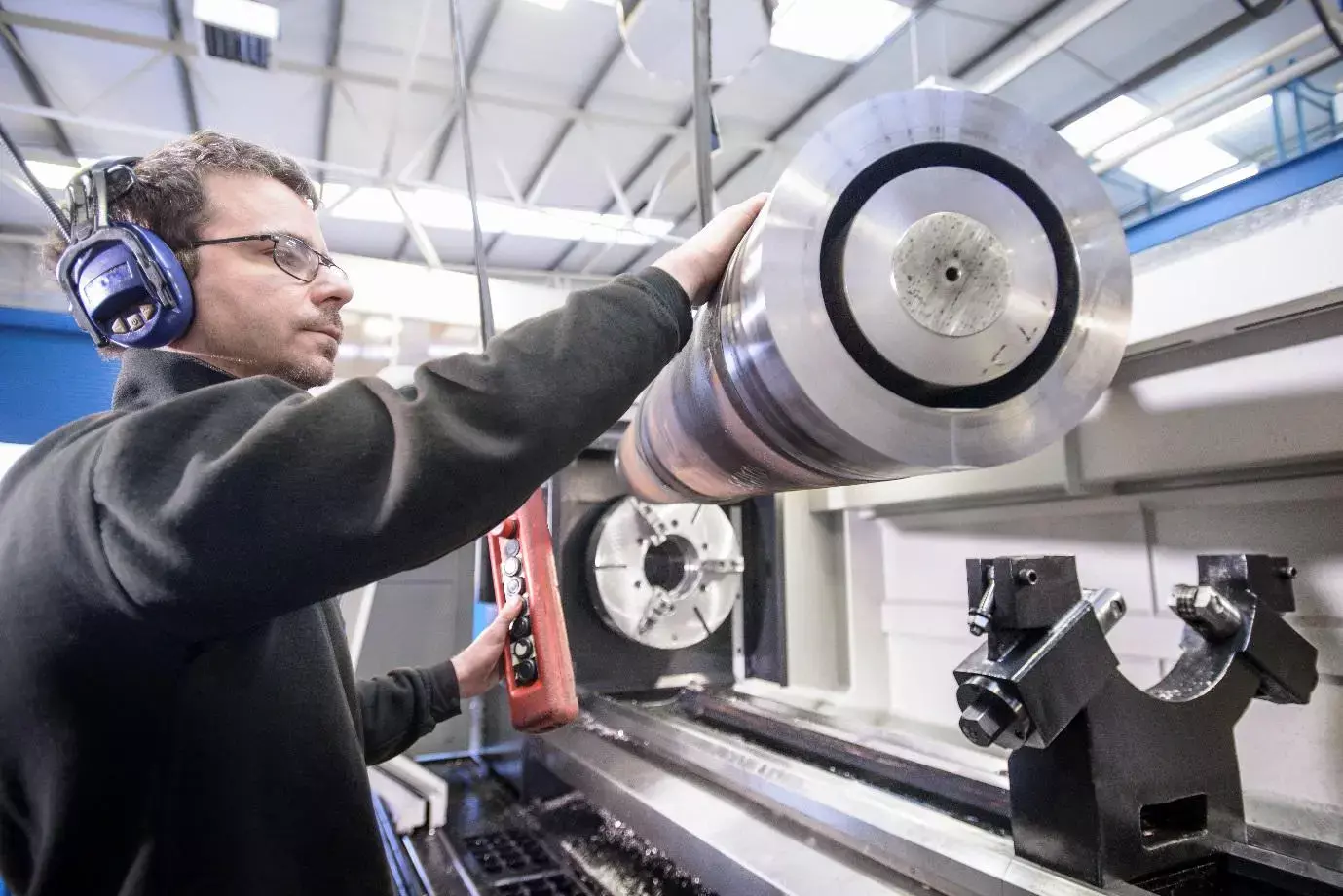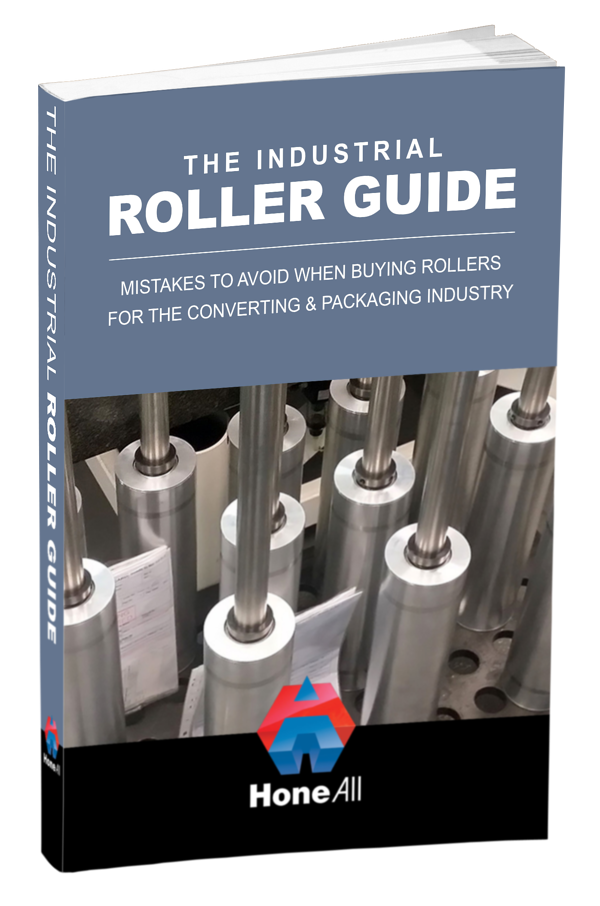Trepanning vs Deep Hole Boring: What’s The Difference?
The main difference between trepanning and deep hole boring is that trepanning cuts away only the outer edges at the perimeter of the hole, leaving a hollow centre and reclaims a solid core of material. Boring or drilling, on the other hand, drills away the entire diameter of the hole, converting it into chips, or swarf.
Trepanning is also a faster operation than drilling and, as it uses indexable tooling, is excellent at processing multiple jobs in rapid succession and the remaining bar, or billet, can often be reused for a different purpose as long as you bear in mind that the properties of the material may have changed due to the work hardening effect sometimes created by trepanning.
Trepanning can create a hole through the material – for instance in hollow cylinders and pipes – or cut only partially into the surface, creating a so-called ‘blind hole’ or alternatively, create an external “sleeve” which may be removed or re-used.




